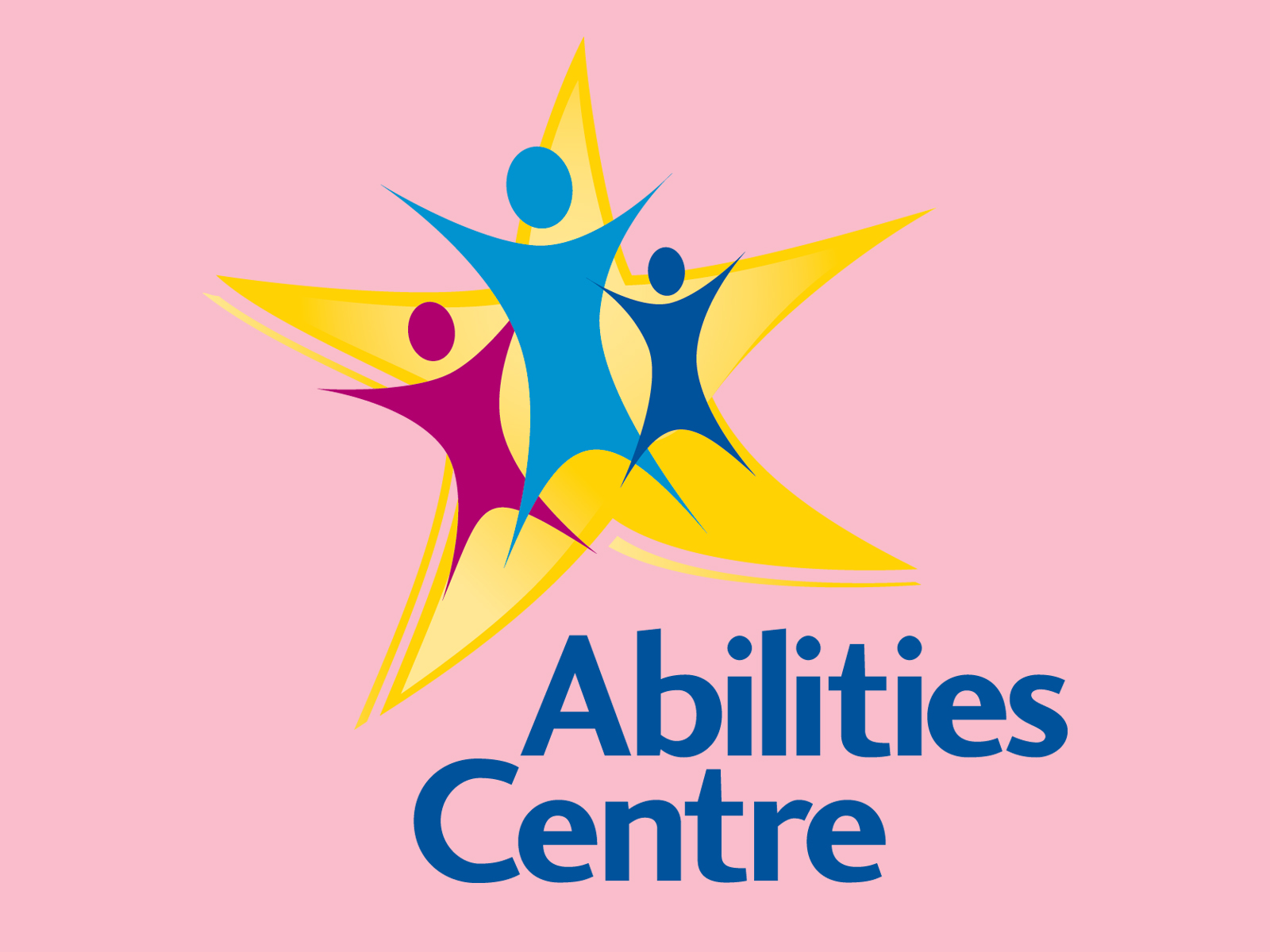A community evaluation tool for disability sport organizations
By Sarah Lawrason and Emilie Michalovic
Sport organizations across Canada support physical activity opportunities for people with disabilities. These organizations often need to evaluate their programs in order to meet funding deliverables, improve a program, or comply with organizational strategy. However, many organizations run into challenges evaluating these programs because they may not have the necessary capacity, resources, or knowledge. This need for additional support and expertise to help organizations create and conduct program evaluations was identified by a group of community organizations and academic researchers. These invested parties came together to create a toolkit that can help organizations deliver physical activity programming for individuals with disabilities. The toolkit brings together evidence-based methodologies to support the evaluation of physical activity programs for persons with disabilities.
The evaluation toolkit was built in four steps. This process involved researchers at The University of British Columbia (UBC), Queen’s University, and McGill University, and individuals from the following community organizations across Canada: Abilities Centre, Revved Up, The Steadward Centre, Pickering Football Club, Rocky Mountain Adaptive, Active Living Alliance, and BC Wheelchair Sports.
For step one, the project team reviewed the literature to identify research in the field of disability and health programming. Once the papers were identified, indicators of success or program assessment elements were gathered to create a list of possible indicators for the toolkit. The list was then reviewed by the community members on the project team and other disability sport programmers to determine if the indicators were a) relevant and b) helpful for program evaluation. At the end of step 1, the team had a list of 57 indicators to consider for the toolkit development.
For the second step of this process, the 10 project partners provided feedback on the possible indicators for the toolkit. The goal of this step was to understand how the indicators could be adapted to local contexts and measured. Through this process, measures that align with the 57 indicators in the toolkit and meet the needs of the disability physical activity organizations were identified.
For step three, the project team conducted interviews with community partners to hear their insights and gather valuable feedback on the indicators and toolkit. Their feedback included user interface suggestions, specific content modifications, and ways to enhance the toolkit’s user experience and relevance.
For the final step, once all the feedback was addressed and a user-friendly toolkit was created, the project team created a plan to share the toolkit widely for use by organizations and programs across Canada. The goal of this project was not to create something that was just theoretical but something that could be broadly and effectively implemented. To help share the toolkit far and wide, information packages, interactive webinars, and targeted publications highlighting the toolkit’s resources and knowledge have and will be created.
This project aimed to gather feedback from the community and create a toolkit with the community that is helpful, usable, and effective to support disability physical activity organizations in evaluating their programs.
Next Steps
The program evaluation toolkit is now available and accessible at https://et.cdpp.ca. This toolkit is a practical resource for program evaluation and is designed specifically for disability physical activity organizations. It provides a structured approach to assess program initiatives as well as offering tailored indicators, feasible measures, and valuable insights garnered from community interactions.
Users can learn about how to use the toolkit and conduct program evaluations through the resources on the website. When finished, the website provides a downloadable or emailed PDF that details the evaluation plan and provides a link to each measure.
For disability physical activity organizations, this toolkit offers a streamlined approach to program evaluation. By utilizing evidence-based indicators and practical measures, organizations can assess their programs effectively, identify areas for improvement, and implement evidence-informed strategies. Moreover, the toolkit’s user-friendly design ensures that organizations can navigate the evaluation process efficiently, saving time and resources.














